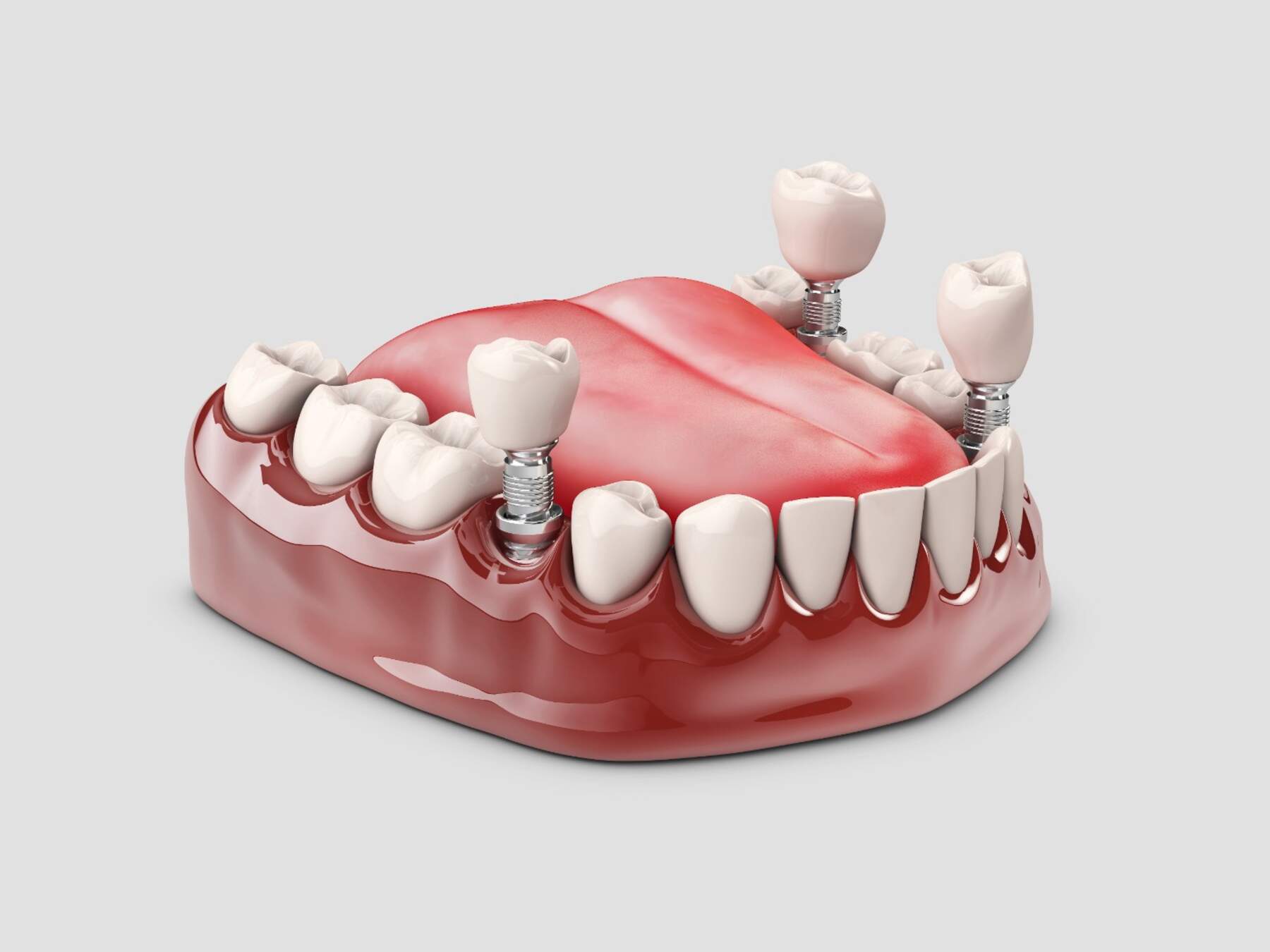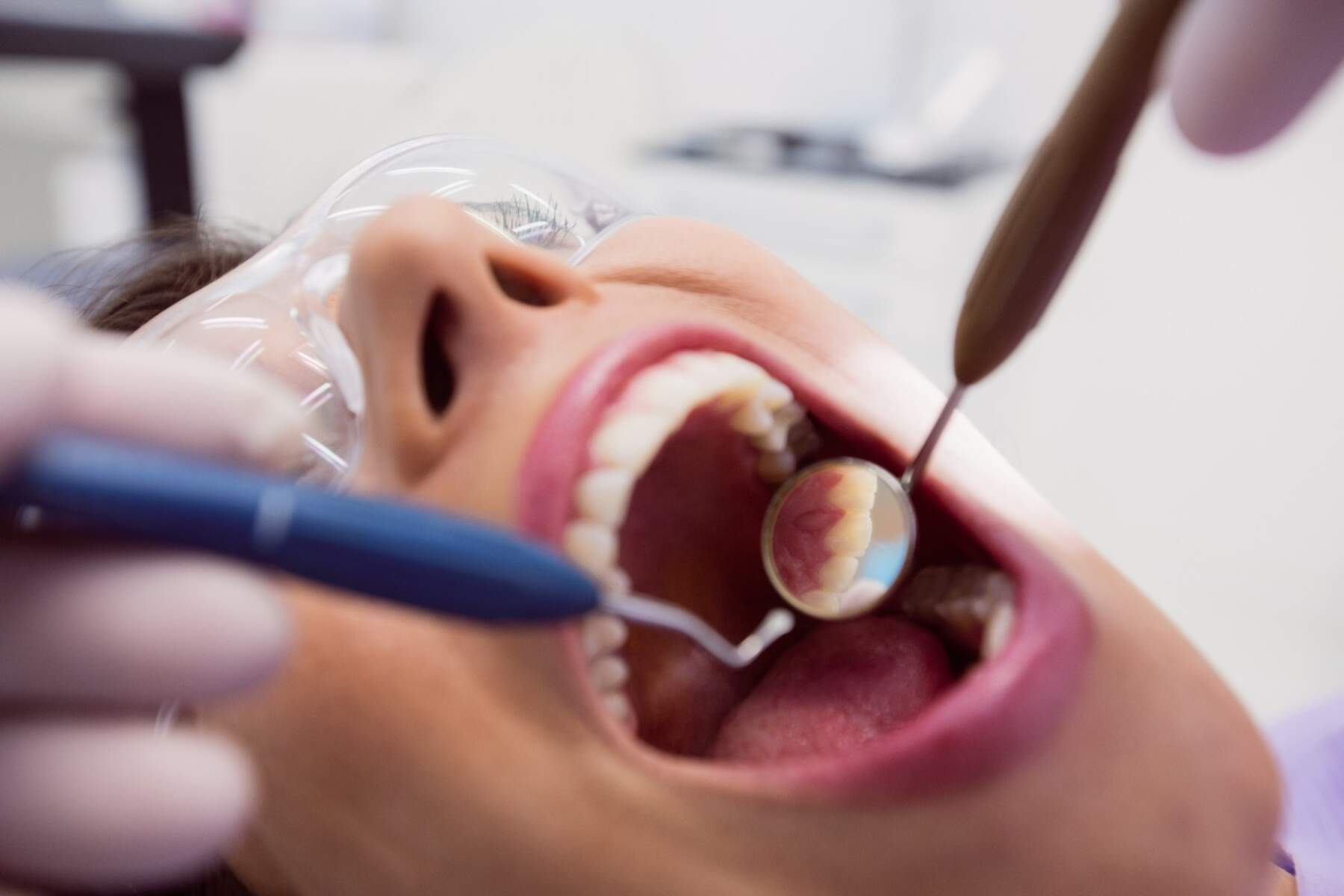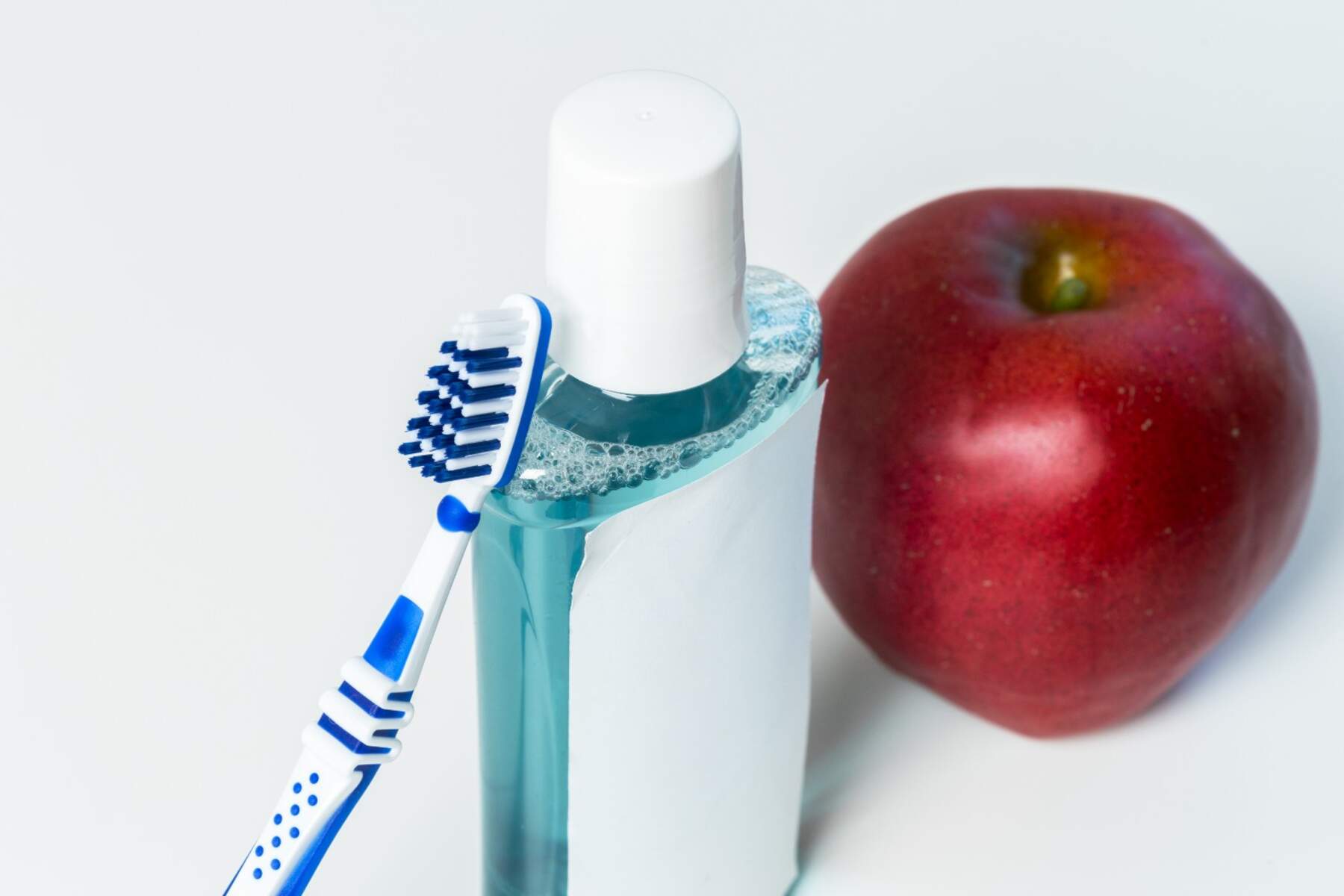The overall health of your mouth doesn’t only consist of the teeth. You need to take care of your gums, tongue, and molars just as much to keep them healthy. Even if you don’t suffer from cavities and you have pearly white teeth, this doesn’t mean you are immune to gum infections. Many people have no idea what is going on with their gums because it’s usually painless. In this guideline, we will discuss proper hygiene, what you can do to prevent gum disease, and why this is so important for your dental health.
The role of gums
You may wonder what is the exact function of the gums in your mouth. Their main purpose is to protect and prevent your teeth from infections that may develop in your mouth. The gums are located on the line of the teeth, they are soft and they cover the bones of your mouth. These lines help the teeth to stay in place and protect them from any bacteria that can pose any harm to them. If you neglect them, small chunks of food and bacteria can enter and infect your teeth, and this can lead to gum disease.
What is gum disease?
When plaque starts to build up along the gum line, gum disease may start. Plaque is a substance that resembles a sticky film and contains bacteria. The infection created in the gums can lead to damaged gums and bones that cause decay of the teeth. Plaque can also be the cause of gingivitis, which is the initial stage of gum infection. During this stage, the gums can become tender, red, inflamed, swollen, and more prone to bleeding. The good thing is that sometimes the damage can be reversible in cases where the bones and the tissue have not been damaged.
In other cases, the disease can get worse causing periodontitis which is an advanced form of gum infection. In this case, the whole structure of your mouth is impacted, including the bones, and tissues that connect your teeth and the gums. If left untreated this can lead to irreversible damage and the teeth may need to be removed completely.
If you are feeling loose teeth, your gums are swollen, bad breath is present, and last but not least the gums of your teeth have receded, you should seek medical help from professionals to find a solution and ease your pain.
Ignoring these symptoms can cause a lot of damage to your overall oral health and taking them seriously will prevent further damage to your teeth and gums. It is important to remember to take care of your oral health and seek professional help when needed.
Gum disease on physical health effects
Like with any infection, even the effects of periodontal disease can vary from mild to severe. This infection can cause destruction of the bone structure of the teeth or redness and swelling of the gums which is also called gingivitis. If not treated it can lead to tooth loss and bacteria spreading all over the body. Research has found that they may develop more serious conditions like:
- Cardiovascular disorder
- Dementia
- Respiratory disease
- Diabetes
- Pregnancy complications
Inflammation of the area is a major factor in both the cause and consequence of the disease and is the factor that most closely relates these diseases to periodontal disease. The truth is that plaque can produce toxins that act to irritate the gums if it is not thoroughly cleaned from the teeth and gums.
This causes gingivitis to start, which can develop into a more serious illness like periodontal disease. The most typical signs of gingivitis are swollen, red, and bleeding gums that occur during tooth brushing or even while you’re eating. When gingivitis becomes periodontal disease, the gums start to peel away from the teeth, which can lead to them becoming loose and even falling out. Without treatment, periodontal disease steadily erodes the teeth’s supporting bones and gum tissue.
Importance of maintaining optimal gum health
If periodontal gum pockets continue to deepen and remain untreated, germs will continue to gather and the condition will spread swiftly. Large pockets won’t be the only issue anymore. Failure to prioritize gum health can lead to a number of issues, such as but not limited to: red and inflamed gums containing pus, bleeding gums, persistent and dull pain, increased discomfort while chewing, persistent bad breath that is not responding to brushing, and rinsing, loose teeth, receding gums, bone loss, tooth loss, and an elevated risk of heart disease. It’s important to not undervalue the significance of healthy gums.
How to prevent gum disease?
The good thing is that gum disease can be treated before it goes too far. We will mention some of the simplest ways you could prevent periodontal and gingivitis infection. The tips above will help to minimize the chances of developing any disease.
Floss thoroughly
At least once each day, floss. By doing this, you can get rid of food and plaque that your toothbrush can’t reach. It makes no difference when you floss just do it—whether it’s late at night, early in the morning, or after lunch.
Get regular cleaning at the dentist
If you visit your dentist regularly, they can spot early signs of gum disease. In this manner, symptoms can be addressed before they get worse. Only a professional cleaning can get rid of tartar. Additionally, it can remove any plaque that was missed when brushing or flossing. Brushing, flossing, and routine dental cleanings can all help treat gingivitis or any other possible infections.
Quit smoking habits
Another factor for smokers to give up is this. Gum disease often develops as a result of these practices. Smoking impairs your immune system, making gum infections more difficult to treat. Additionally, smoking makes it more difficult for your injured gums to recover.
Brush twice a day
After every meal, if possible brush your teeth. This helps in removing plaque and food particles stuck between your teeth and gums. Also, brush your tongue because it may contain germs and bacteria. Your toothbrush should be comfortable to use in your mouth and have gentle bristles.
Think about using an electric or battery-operated toothbrush. More so than manual brushing, they can aid in the reduction of gingivitis and plaque. Every three to four months, or sooner if the bristles begin to tear, swap toothbrushes or toothbrush heads to receive the best cleaning.
Use fluoride toothpaste
There are several toothpaste brands on the market that claim to treat gingivitis, improve breath quality, and whiten teeth. The best option for maintaining healthy gums is to make sure you use fluoride-containing toothpaste. You can choose the flavor and color depending on your wish.
Use a therapeutic mouthwash
Therapeutic mouthwashes, which are often accessible without a prescription, can slow the development of tartar, prevent or treat gingivitis, and decrease plaque, among other advantages. Although it is not a replacement for brushing or flossing, rinsing your mouth thoroughly can help eliminate food particles and other debris.
Maintain a healthy diet
This implies that keeping a nutritious diet is beneficial for both your dental and total bodily well-being. A diet that is healthy is one that is high in fruits, vegetables, legumes, nuts, fatty fish, and enough water. Additionally, studies have shown that eating a diet rich in omega-3 fatty acids is the greatest way to lessen periodontal disease symptoms and prevent the spread of infection.
Why does gum health matter?
Your gums and supporting bones play a crucial part in maintaining the stability of your teeth in your mouth. That task could be more challenging if they are ill. A disease that can spread to other regions of your body might result from poor gum health. Gum disease has really been connected to a number of illnesses, including dementia, diabetes, and even heart disease as we mentioned earlier. Along with the diseases mentioned before healthy gums lower the incidence of cavities, tooth loss, and mouth infections. Gum disease mainly comes in two forms:
- Gingivitis – A minor gum infection known as gingivitis causes swelling and bleeding. By brushing, flossing, and seeing the dentist, you can usually treat it quickly and easily.
- Periodontitis – In contrast, untreated gingivitis can progress to periodontitis, a more dangerous form of gum disease. Its signs include dental sensitivity, discomfort while biting, receding gums, swelling, and bleeding similar to gingivitis, as well as bone loss that can result in loose teeth or tooth loss.
You can start improving your gum health today
Do not be alarmed if you notice that the degree of gum disease in this area is rising and you’re wondering how to enhance gum health. You may start treating and reversing it right now by taking action. After that, it will be much simpler to continue practicing proper dental hygiene.
You may take control of your oral health by using the advice we provided above. We work with you to maintain excellent dental health and to assist you in deciding the steps to take and the necessary care to stave against gum disease. Want to know more about how we can help you keep your desired smile? Do you have queries about how to enhance gum health? Get in touch with our clinic right away; we can assist!
FAQs
How can I prevent gum disease?
It’s critical to maintain proper oral hygiene, which includes twice-day brushing, daily flossing, mouthwash use, and routine dental visits, to prevent gum disease. Doing these simple steps can do more than you think.
What are the signs of gum disease?
There are several signs that indicate gum disease and some of them include red, swollen, or bleeding gums, persistent bad breath, receding gums, and loose teeth. If you notice that these signs are persisting you need to contact your dentist.
Can gum disease affect my overall health?
Yes, there is a connection between gum disease and a number of diseases, including diabetes, heart disease, and respiratory disorders. For general well-being, maintaining gum health is essential.
Can healthy gums grow back?
The most straightforward response is no, unfortunately. There is no way for receding gums to heal if your gums have been injured as it happens in periodontitis, which is the most serious type of gum disease. Although receding gums cannot be stopped, there are remedies that can help keep the issue from growing worse and reaching this level.
What supports gum health?
Vitamin C offers great support to the gums. The soft tissues in your mouth and your gums are strengthened by this vitamin. It can protect you from gingivitis, the beginning stages of gum disease, and stop your teeth from becoming loose.
Is massaging your gums good for you?
Regular gum massage helps keep germs away, your mouth healthy, and your body clean. It can also help to avoid having your teeth extracted. Periodontal disease can be effectively treated with regular gingival massage, which lowers the likelihood that teeth will need to be pulled because of decay or gum damage.




